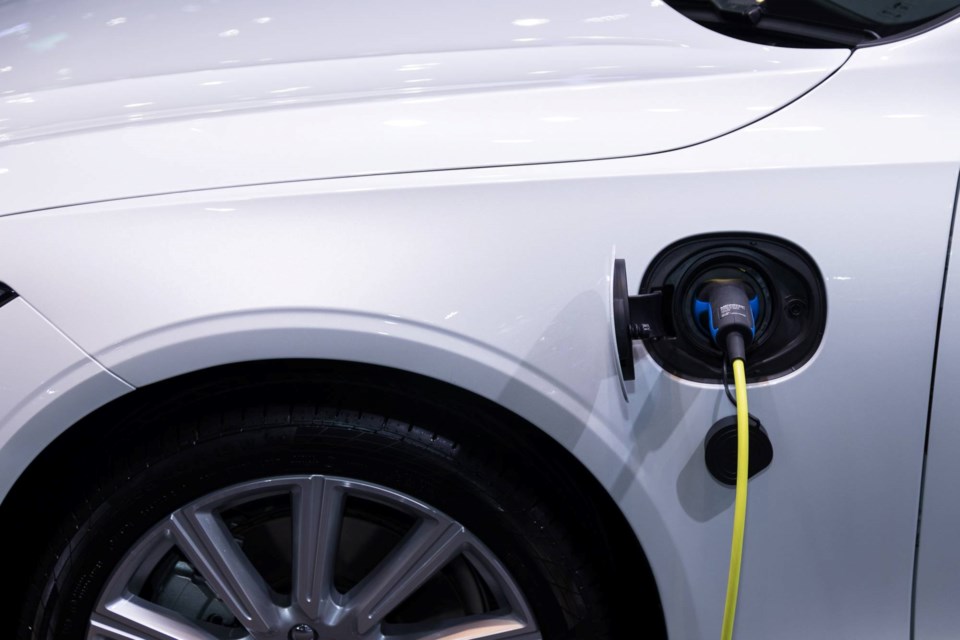BarrieToday welcomes letters to the editor at [email protected]. Please include your full name, daytime phone number and address (for verification of authorship, not publication).
I was travelling to South Carolina last week in my electric hybrid car and thinking about going back to the same non-electric model of the same car I had previously owned.
What was really bugging me was the electric motors never engage at highway speeds and I’m carrying all that extra battery weight. The extra 30 horsepower the electric version has over the standard gas 300-hp engine has less performance than the gas model because of the extra weight. There is no savings or payback for folks that drive highways year round. Anyone can confirm this on YouTube, which shows comparison testing.
The first night, we got to Virginia and I looked out the back window of my hotel room and there were 10 Tesla chargers all occupied and most drivers were sitting there reading a book. There were several other vehicles waiting for access to chargers. We went for dinner and an hour and a half later we came back and half of the same cars were still charging.
Those cars were probably on their second charge of the day if they were covering the kind of distances I was covering. You can’t leave yourself on a commercial charger and go to sleep for the night. You’ll wake up with your car towed. So, I guess the answer is a bio break every two hours? Not the way I want to travel.
Tesla has a J.D. Power score near the bottom in the automotive industry for reliability. They have 242 issues per hundred vehicles. They have a current recall for steering wheels falling off. They have another recall of 362,758 vehicles over autopilot issues and numerous class-action lawsuits including their own shareholders litigating regarding overstating safety and effectiveness of these vehicles. Models Y, X, S all have recall for various reasons.
My friend’s Model S got three years before it required battery replacement. Google ‘Tesla battery replacement costs’ and get informed.
Chevy Volt has problems with the battery energy-control module that results in car fires, according to the National Highway Traffic Safety Administration, and the car was withdrawn from the market.
Only about five per cent of lithium batteries are recycled and no one wants to take them because to transport them is a fire risk and old lithium ion batteries are classified as toxic. Toyota does have a nuclear battery, which has extended-use characteristics, but it will be sold to the aerospace industry before it becomes an automotive application. Toyota is starting to put solid state batteries in cars now, starting with Lexus, and they do pose less of a fire hazard than a standard lithium ion battery, but other issues persist.
If you follow the news, New York is considering banning electric bikes because they are a huge contributor to fires in people’s homes.
Do your research, please, before you drink the Kool-Aid on electric cars or other vehicles powered by lithium ion batteries. Don’t make the same mistake I made.
Regarding the several models of cars that use hydrogen, including Toyota, the technology is great, but hydrogen filling stations are very few and far between, so at this stage it’s pie in the sky. Jury is still out on what happens in car accidents given hydrogen goes off like a bomb. For now your best option is fossil fuels.
Mark Coles
Orillia



